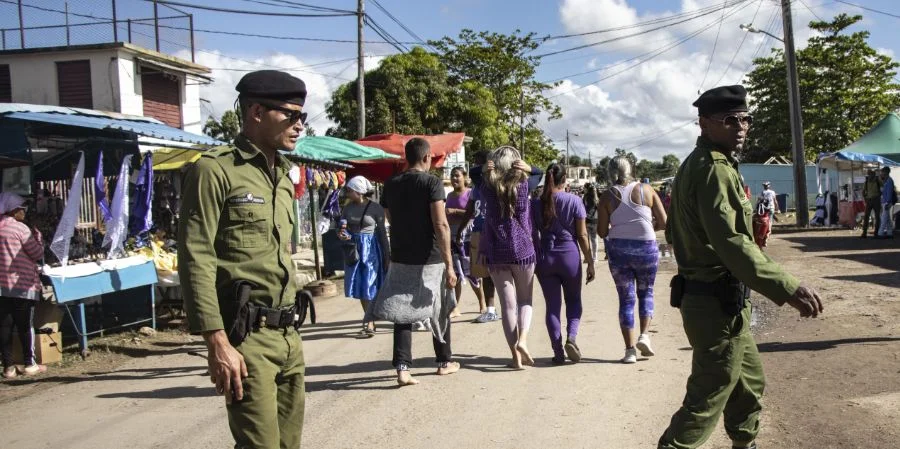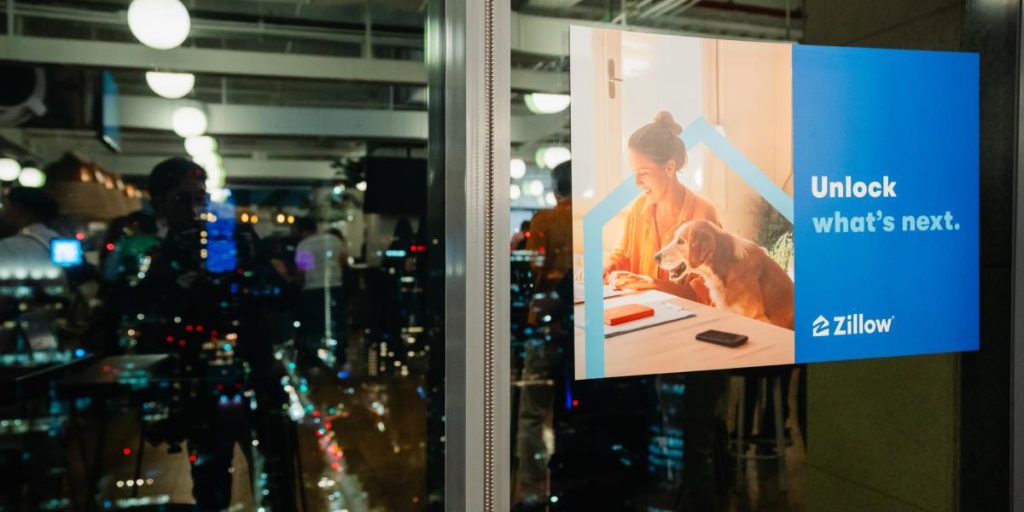MIAMI, United States. – The organization Human Rights Watch (HRW) assured this Thursday that the Cuban Government “continues to repress and punish practically all forms of dissent and public criticism” and denounced practices such as arbitrary arrests, political persecution and even torture.
This is reflected in the NGO’s new Global Report, which also warns that the “serious economic crisis” of the Island makes access to basic services such as health and food difficult.
According to the EFE news agencywho had access to the report, Juan Pappier, deputy director of HRW for the Americas, described the year 2024 as “a calamitous year” for human rights in Cuba. “In addition to the systematic repression of human rights by the regime, there are increasingly power outages and food shortages, which impact the economic rights of the population,” he explained in statements to that agency.
The report also maintains that many Cubans “believe that the only dignified future is exile.”
According to HRW, during 2024 the authorities “have arbitrarily detained, harassed and intimidated critics, independent activists, political opponents and others”, even going so far as to hold detainees incommunicado and subject them to “mistreatment” and “torture”. Among the cases of political prisoners mentioned are Maykel Castillo, Manuel Otero Alcántara and José Daniel Ferrer (released this Thursday), internationally recognized for their activism and opposition to the regime.
In the document, the organization regrets that “critics of the Government risk a criminal investigation” and that the courts “are in practice subordinated to the executive branch.” In addition, HRW denounces overcrowding in prisons and the lack of mechanisms to prevent abuses, as well as the Government’s refusal to allow the supervision of human rights groups in prisons.
Although the Havana Executive announced this Tuesday the gradual release of 553 prisoners after the exclusion of Cuba from the United States list of countries sponsoring terrorism, HRW does not refer to that measure in its report, presumably because it was written before if the measurement is known.
The NGO does highlight that restrictions against the press persist, with censorship and state control over the media.
The “acute shortage” of food and medicine, as well as blackouts of up to 20 hours a day in some regions, are other elements that aggravate the crisis of economic and social rights, according to the organization. Although HRW recognizes that US sanctions have affected the island, it considers that the Cuban authorities use these measures as a “pretext” to justify abuses and gather international support.
Altogether, the research concludes that the Cuban population faces an incessant deterioration of freedoms and living conditions, increased by the lack of real solutions. For Human Rights Watch, institutionalized repression and the economic crisis constitute one of the most critical scenarios in recent decades in the Caribbean nation.















